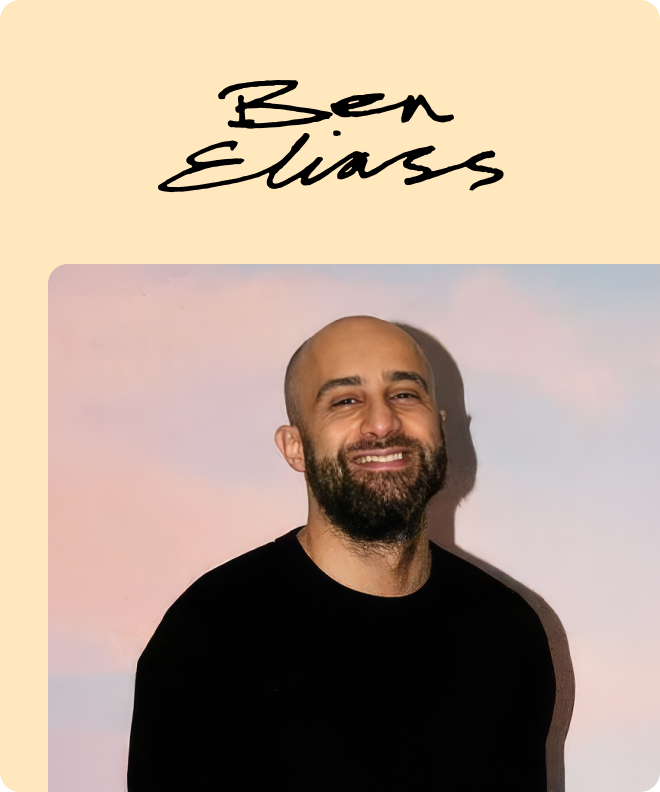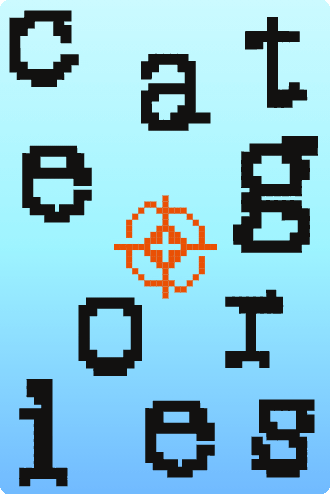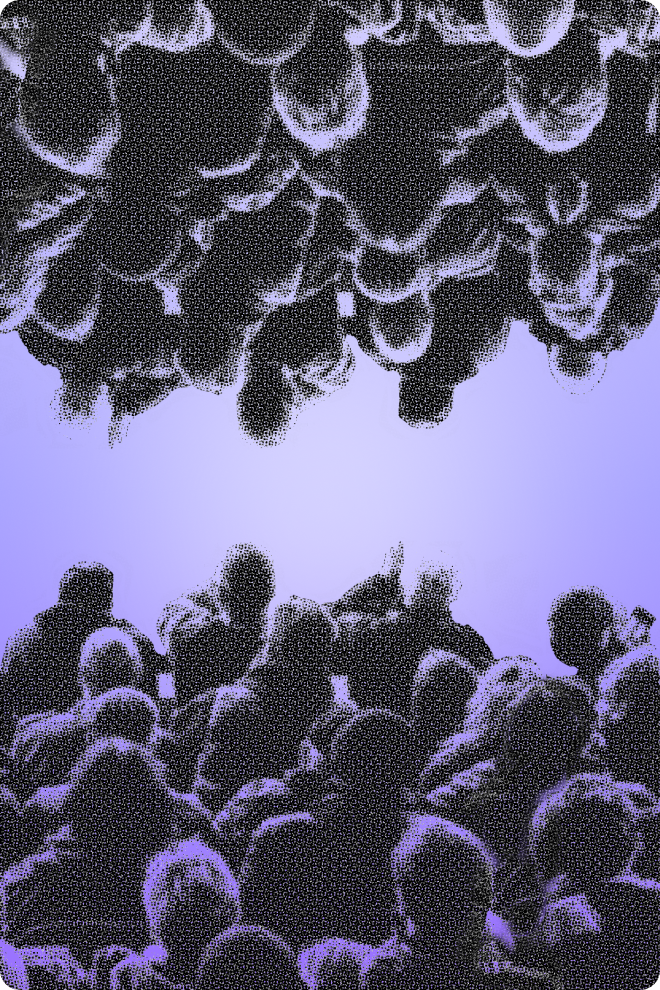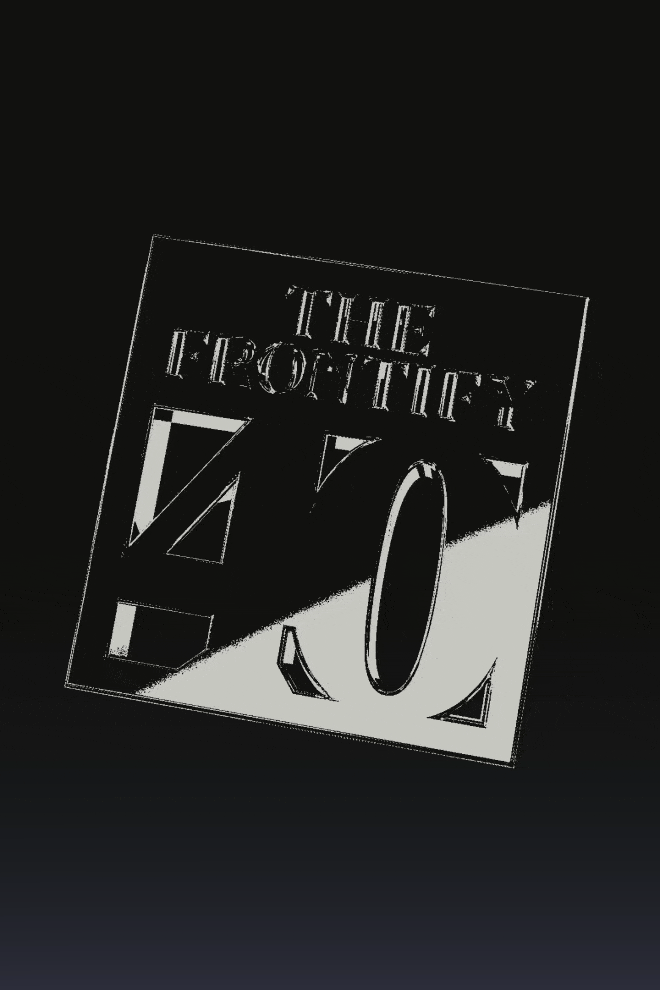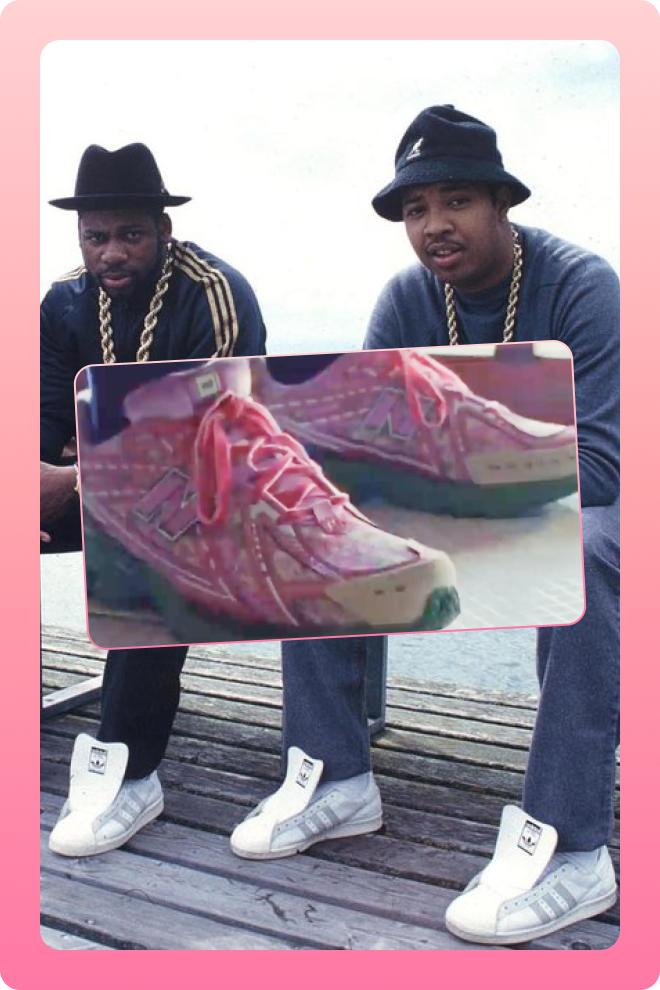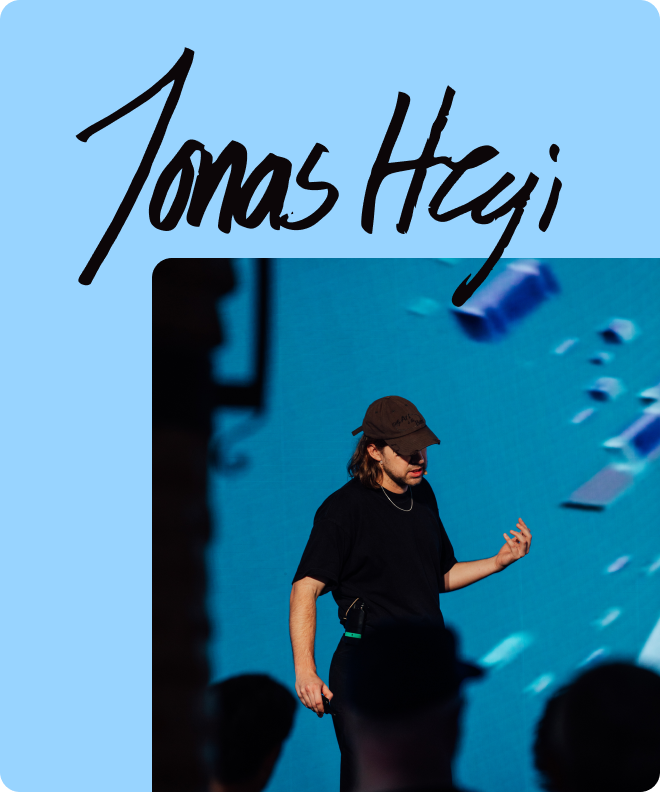When purpose drives innovation and impact

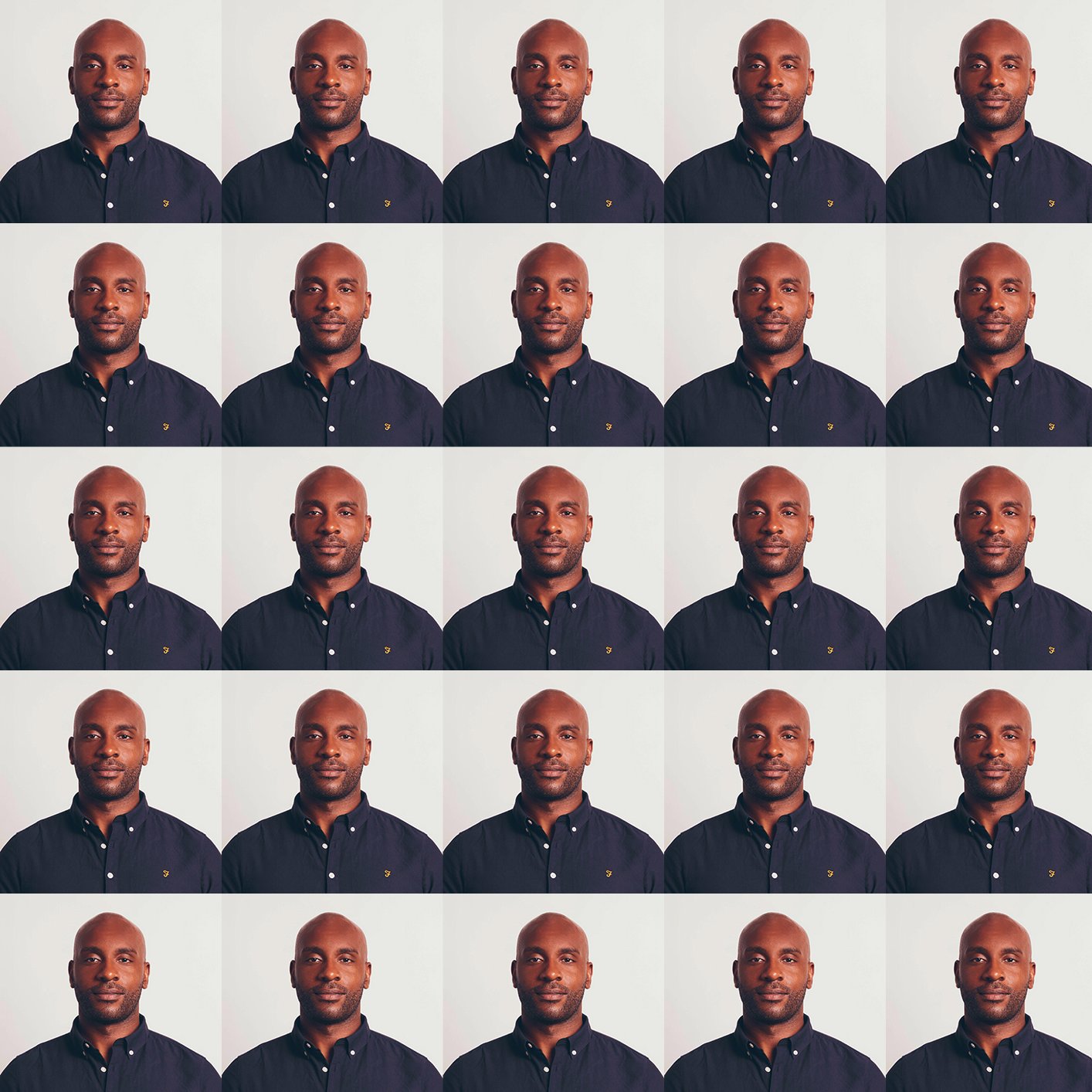
- Authentic purpose must deliver tangible social and commercial outcomes
- Co-creation with communities leads to deeper, more effective solutions
- Purpose works when it aligns with genuine brand missions
Microsoft's ADLaM — An Alphabet to Preserve a Culture campaign has profoundly influenced my approach to purpose-driven brand work since it debuted in April 2023.
This remarkable initiative digitized the indigenous language of the Fulani people — the world's largest nomadic group — launching their alphabet on over 1 billion Microsoft 365 devices globally.
What still impresses me about this campaign is how it transcends typical purpose marketing to deliver tangible impact. Microsoft worked directly with the Fulani community to revise, optimize, and digitize the alphabet, enabling access to the digital world while preserving its cultural heritage. The results have been extraordinary — embraced by West African governments, sparking new schools in five countries and supporting thousands through online classes.
Perhaps most striking is how this purpose-driven work created mutual value. It delivered economic impact by enabling Fulani entrepreneurs and small businesses while opening commercial pathways for Microsoft in previously underserved markets.
It perfectly exemplifies how authentic purpose can drive business innovation when it genuinely addresses fundamental human needs.
At Dentsu, this campaign reinforces principles we champion with our clients. The insight behind ADLaM wasn't about technology or connectivity gaps, but rather the humanity bit in between — language as the cornerstone of accessibility. Microsoft's mission to empower every person and organization found authentic expression in this work precisely because it addressed a genuine barrier to inclusion.
This approach resonates deeply with Dentsu’s belief in keeping communities front and center of creative development. We're constantly searching for those unexpected insights that reveal underserved needs — a universal challenge and opportunity for every brand regardless of sector.
The key lesson I've taken forward is the power of co-creation. A great example is KPN’s Piece of Me. The central creative element (the song) was developed by Meau and Dentsu Creative, which worked directly with people who have experienced online shaming and shared their personal experiences, which helped us create compelling lyrics and themes.
As algorithms, AI, and platforms increasingly manipulate content and brand ecosystems, audience and community co-creation will become even more crucial for maintaining cultural relevance.
The future belongs to creative work developed in genuine partnership with humans — work that addresses real needs while delivering both commercial and social value.
